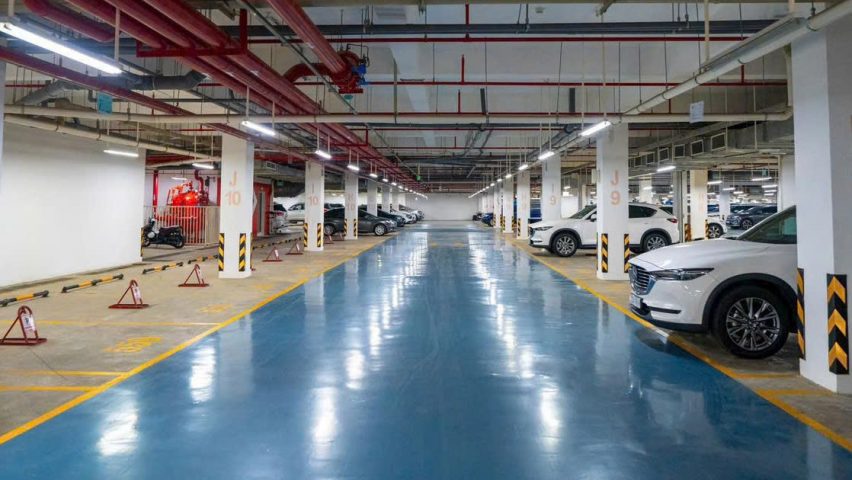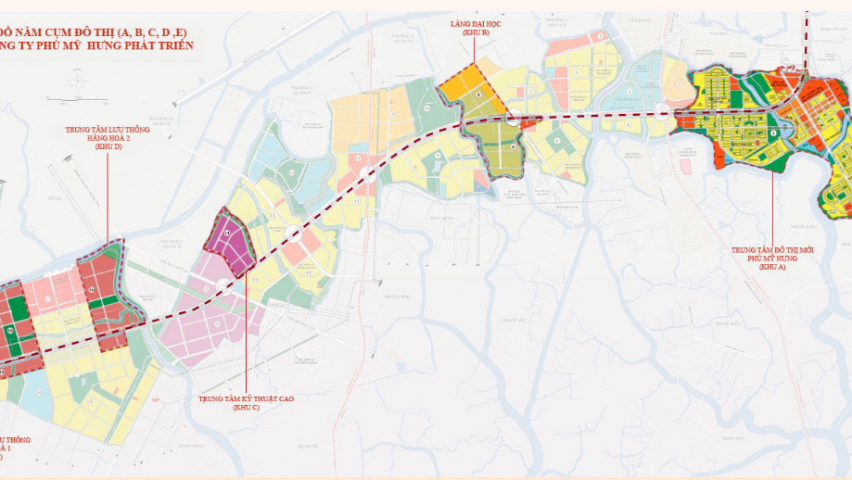The epidemic prevention in the District that has tens of thousands of foreigners
In District 7 (HCMC), there are currently 22,000 foreigners. Therefore, the supervision and quarantine to prevent and control Covid-19 have been strictly implemented by the authorities and people in the District. Reporter of SGGP Newspaper had an interview with Ms. Bui Thi Ngoc Hieu, Vice Chairwoman of District 7 People’s Committee (photo) about this.Reporter: Madam, there are currently a lot of foreigners living and working in District 7, including people returning from the epidemic areas after Tet. So how has the government controlled the Covid-19 epidemic?
Ms. BUI THI NGOC HIEU: Due to the complicated situation of the Covid-19 epidemic, we could not say anything in advance, we can just be as cautious as possible, with the determination to prevent the epidemic of the entire political system. District 7 has more than 22,000 foreigners living, working and studying here, right from the first cases in our country, we have implemented solutions including: spreading epidemic prevention information to each household, each apartment building, each residential area; controlling people coming to reside in each area of the District; checking body temperature, washing hands in apartment buildings, commercial areas, restaurants…
Everyone cooperates, complies with the rules, provides true and full declaration. For key wards with a large number of foreigners, 20 rapid response teams are set up in each ward. In other wards, each ward arrange 1 or 2 quick response teams. There are nearly 50 teams in the District conducting a survey of all newly arrived foreigners in the area; guiding them to do health declaration, to self-prevent the epidemic; supervising to avoid missing cases from the epidemic centers.
Thanks to that, we have detected 67 cases that need to be put in quarantine or home quarantine. At peak times, when there are cases coming from the airport that need to be checked for quarantine, we have to stay up all night to receive people, do medical declaration,,take them to their home to supervise them.
In fact, there have been many people that make light of the health of other people, they are infectious but do not provide truthful declarations, do not strictly put themselves in qurantine, and they become a threat to the community. In your opinion, what should be the solution to prevent and handle such cases?
We have the Law on Prevention of Infectious Diseases, the Law on Penalties for Administrative Violations and the Penal Code that clearly stipulates sanctions for these acts. I think, if there are cases of lack of awareness of prevention and non-cooperation, of course, we must strictly comply with the law to ensure strictness, protect the health of the community, and also protect the health of the violators. When they are sick, our task is to cure them, then they will be penalized by the authority according to the Law.
How does District 7 quarantine suspected cases? Where to put people in quarantine and treat infected people?
Currently, District 7 has 2 quarantine areas at the District 7 Vocational Center (150 beds), and Quarantine Control and Treatment area (at the District’s old hospital, 100 beds). Each person in quarantine is provided with all personal items (clothes, fast antiseptic liquid, toothbrush, towel…) and free meals worth 120,000 VND/day.
For those in home quarantine, they pay their own expenses; we require the apartment management to help them order food outside to prevent them from leaving the house and contacting other people during quarantine time.
| Decree 176/2013/ND-CP stipulates: People returning from an epidemic area having signs of disease without making medical declaration, failing to carry out quarantine procedures as prescribed, and not complying with legal provisions laws on prevention and control of infectious diseases will be administratively sanctioned. In case of causing an epidemic that leads to epidemic declaration; or causing death of 2 or more people, they will be penalized in accordance with Article 240 of the 2015 Penal Code amended and supplemented in 2017 for spreading dangerous epidemics, which is being put in prison for 5 to 12 years |
Via: SGGP



















